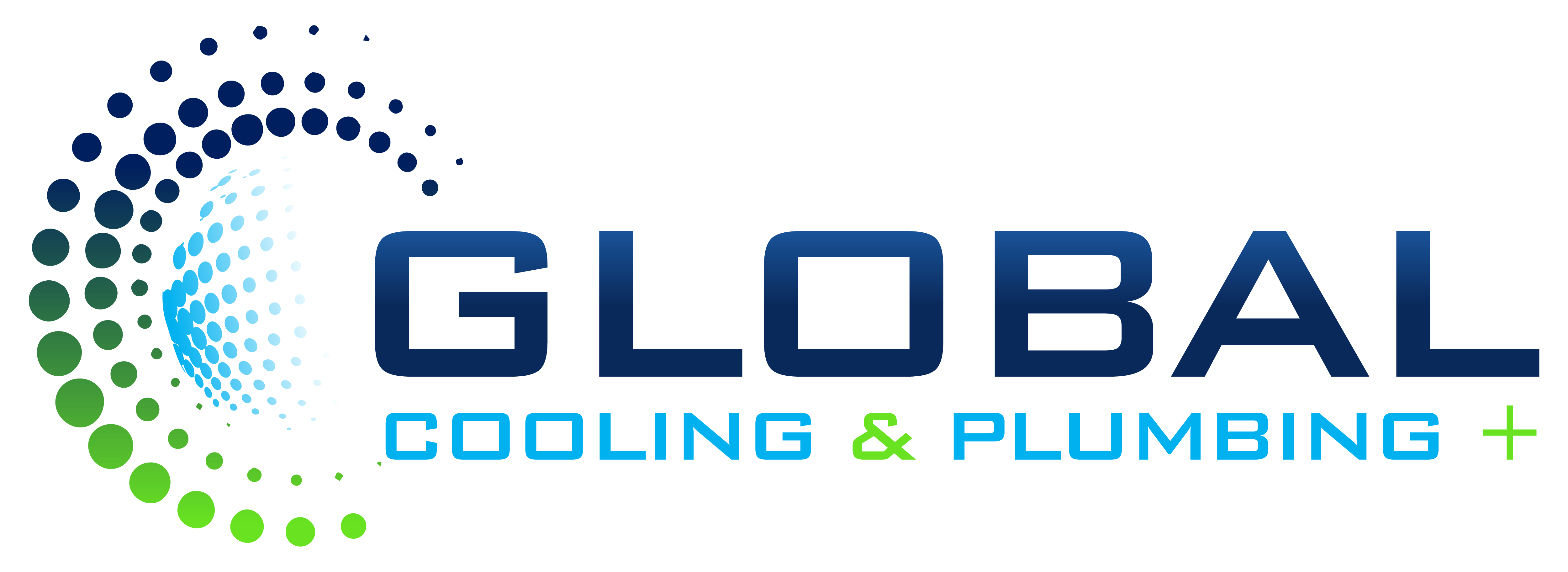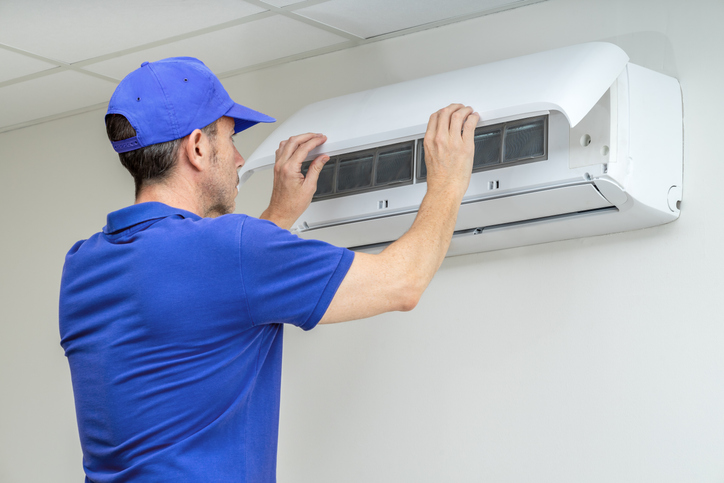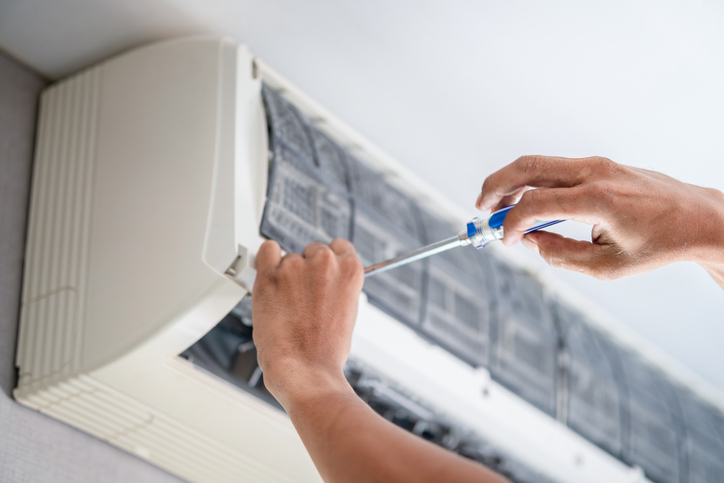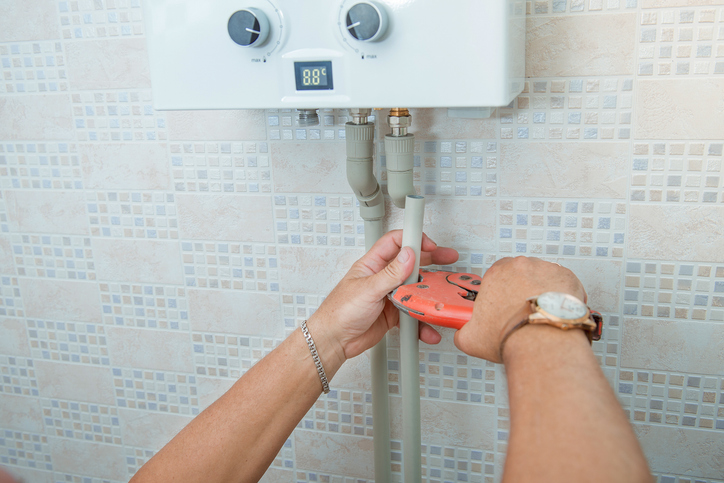Wow!! What can we say about air conditioning filters? Today’s market is so saturated with air quality concerns and suggestions it leaves consumers with their head spinning. Global Cooling & Plumbing+ hopes to ease the pain just a little with some simple, basic rules and a little education.
Dirty Air Conditioning Filters: The #1 Cause of AC Failure
First, your filter exists simply to keep your air conditioning system free of any harmful particles that clog the air flow, preventing a smooth movement of air throughout the duct work. This is the equivalent of not allowing the AC system to breath. Just like humans, breathing is vital for your air conditioner. Dirty filters are the #1 cause of the AC failures that Global Cooling & Plumbing+ finds. Over 90% of all service calls find filters that are not up to the standards of the equipment’s requirements. Again, just like humans, upon failure to breathe well your air conditioner experiences changes in its operation that compound over time, eventually leading to its failure. The compressor inside the outdoor unit is the heart of the air conditioning system and like a human heart, when it is asked to work much harder than it was intended to, its life is shortened and failure occurs.
Indoor Blower Motors Have Limits
Another example of an overworked component is the indoor blower motor. When a shortage of air flow exists, the indoor blower motor’s design parameters are exceeded causing it to fail prematurely.
What Air Conditioning Filters Does Global Cooling & Plumbing+ Recommend?
Now we know how important it is to replace your air conditioning filter on a regular basis, the next question becomes, which filter should you buy? Good question. Let’s start with explaining some of the different types of basic AC filters:
- • 1-Inch pleated AC filters
• HEPA (High Efficiency Particulate Arrestance) AC filters
• Electronic AC filters
• 4-Inch pleated AC filters
• Reusable/Washable AC filters
• Electrostatic AC filters
With so many basic AC filter options, it is easy to see why consumers, baffled by the choices often choose the wrong filter for their specific application. Let’s keep it simple since we are not writing a book about air conditioning, air flow and filters. Keep in mind most home’s air conditioning ducts differ a great deal and must be examined by a professional for all viable options.
Still Not Sure What AC Filter is Right for your Home? Call Global Cooling & Plumbing+.
Rule of thumb #1: an older home’s air conditioning ducts were not designed for the movement of air required by new equipment versus 20+ year-old equipment. Keep in mind filters have ratings for different levels of particle capture and air flow. Higher rate = lower air flow. Motor speeds have increased so greatly, that a new system in an older home, without the accompanying ductwork changes, requires the filter with the most allowable air flow. Filters with a high capture rate are probably not the best option for an older home. Somewhat newer homes may have larger ductwork allowing a high capture rate to be OK. To complicate matters, filters are now for more than just equipment protection. Their job is to remove allergens, smoke and odors, also. For these special applications, a professional should check the system’s vitals to see if it will still breathe well while performing these special tasks. Clean filters keep your air conditioning system breathing, so change them often to prevent costly repairs. Even better, call Global Cooling & Plumbing+ and we will do it for you and check out the system on a regular basis so you don’t have to.








